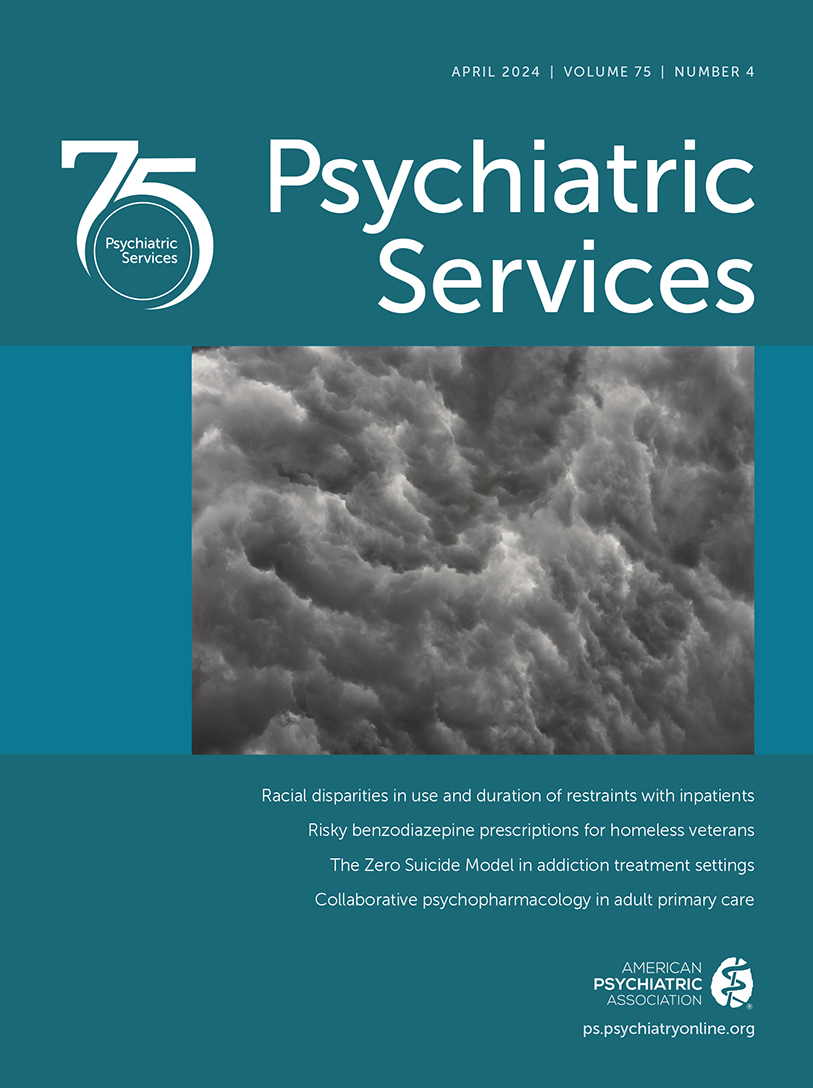Characteristics of Veterans With Depression Who Use the Veterans Choice Program of the Veterans Health Administration
Abstract
Objective:
The Veterans Choice Program (VCP) of the Veterans Health Administration (VHA) allowed eligible veterans to use their benefits with participating providers outside the VHA. The authors aimed to identify characteristics of veterans with depression who used or did not use mental health care through the VCP.
Methods:
In this cross-sectional study, the authors analyzed secondary data from the national VHA Corporate Data Warehouse. VHA administrative data were linked with VCP claims to examine characteristics of VCP-eligible veterans with depression. The study sample included 595,943 unique veterans who were enrolled in the VHA before 2013, were eligible for the VCP in 2016, were alive in 2018, and had an assessed Patient Health Questionnaire–9 (PHQ-9) score or depressive disorder diagnosis documented in the VHA between 2016 and 2018.
Results:
Veterans who used the VCP had lower medical comorbidity scores and lived in less socioeconomically disadvantaged counties, compared with veterans who received only VHA care. VCP veterans were also more likely to have a PHQ-9 score assessment and to have higher mean depression scores. Mean counts of annual mental health visits per 1,000 veterans were markedly higher for direct VHA care than for care provided via the VCP. As a percentage of the total counts of visits per 1,000 veterans across the VCP and VHA, residential programs and outpatient procedures were the services that were most frequently delivered through the VCP.
Conclusions:
Between 2016 and 2018, the VCP was used primarily to augment mental health care provided by the VHA, rather than to fill a gap in care.
Access content
To read the fulltext, please use one of the options below to sign in or purchase access.- Personal login
- Institutional Login
- Sign in via OpenAthens
- Register for access
-
Please login/register if you wish to pair your device and check access availability.
Not a subscriber?
PsychiatryOnline subscription options offer access to the DSM-5 library, books, journals, CME, and patient resources. This all-in-one virtual library provides psychiatrists and mental health professionals with key resources for diagnosis, treatment, research, and professional development.
Need more help? PsychiatryOnline Customer Service may be reached by emailing [email protected] or by calling 800-368-5777 (in the U.S.) or 703-907-7322 (outside the U.S.).



